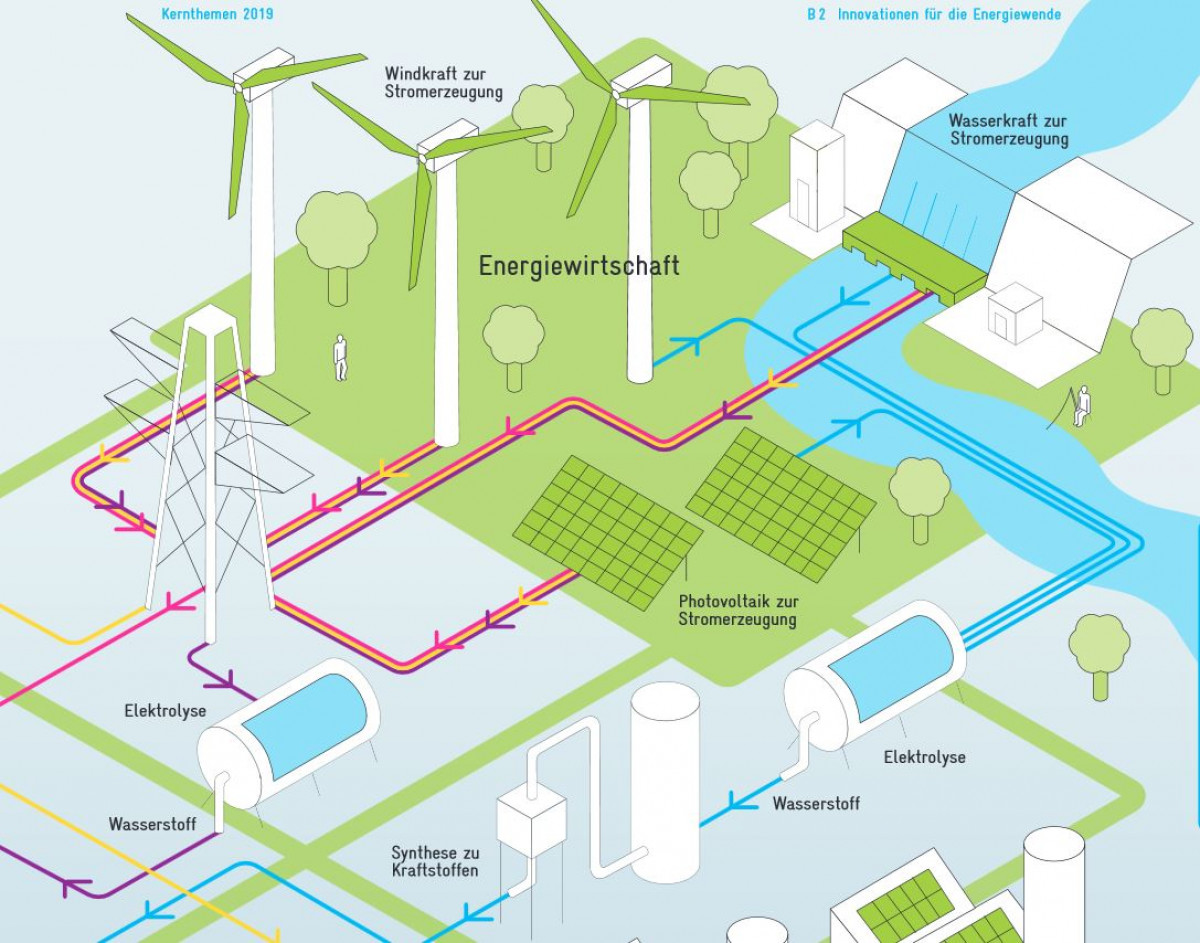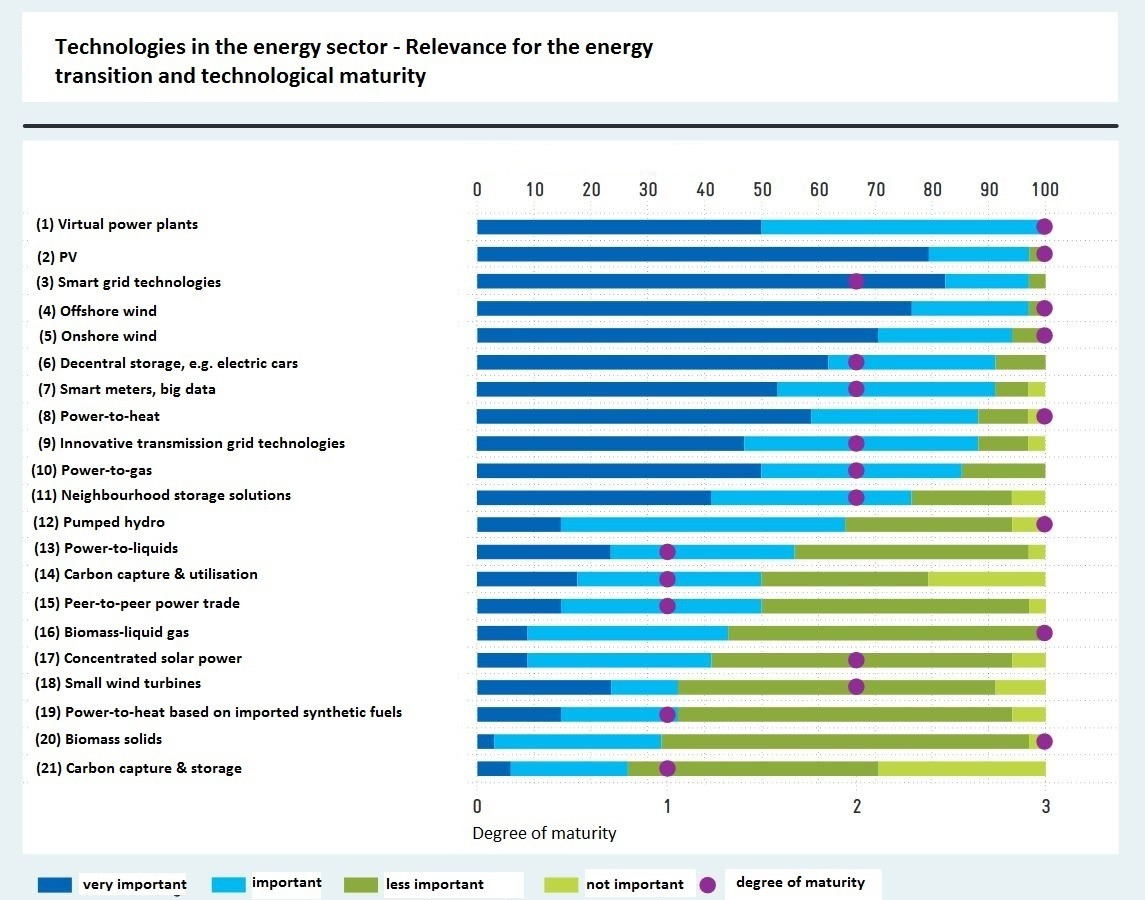Lack of CO2 price is killing energy innovation – German government advisors
A price on CO2 emissions across all sectors of Germany’s economy would boost innovative technologies and business models that are key for the success of the energy transition, according to the government’s Commission of Experts for Research and Innovation (EFI).
“In order to make innovative and climate-friendly technologies and business models more competitive, taxes and levies on energy across all sectors of the economy should be based on the CO2 content of energy carriers,” the panel said in its annual report [executive summary in English]. The report says the government “should use additional tax revenues from a CO2-oriented tax reform to compensate low-income households who will be particularly burdened by higher energy prices.”
“Innovative technologies and business models can make a decisive contribution to a cost-effective energy transition,” the report said. “It is not primarily a question of inventing new technologies. Many important technologies and business models are already market-ready. However, their diffusion is hindered by low CO2 prices and regulatory constraints.”
The commission provides a yearly analysis of the strengths and weaknesses of the German innovation system, and of Germany's appeal as a location for research and innovation.
The experts also recommended reforming electricity grid charges “in order to reflect the actual costs of grid usage.” If companies are rewarded for reducing their electricity use during times when the supply is low, this could create a more flexible grid. The report also suggests a greater focus on "sector coupling,” or using renewable energy to power sectors besides electricity, such as heating and transport.
Start-up innovation
The commission also emphasized the role of start-ups in the energy transition and beyond. “Start-ups pursue new business models, and through their innovations, they expand and modernize the range of available products and services,” the commission said. “Start-ups are also trend scouts and provide momentum for established companies.”
But the experts warned that many start-ups in Germany have problems accessing venture capital, especially in their growth phase. They lamented regulations that bar many insurance companies and funds in Germany from high-risk innovation investments.
“Given the shortage of anchor investors in Germany, the Commission of Experts advocates the creation of incentives for institutional investors to invest more heavily in venture capital,” the report says.
The panel was sceptical about the proposal by Germany’s coal commission to shift new research into coal-mining areas to cushion the economic blow from the pending phase-out.
“Start-ups, particularly in the high-tech sector, profit from geographically concentrated ecosystems in which they are able to locate in the immediate vicinity of research institutions, investors, established businesses and other start-ups,” the experts warned. “In order to promote globally visible start-up ecosystems, it is essential not to counteract their geographical concentration.”



